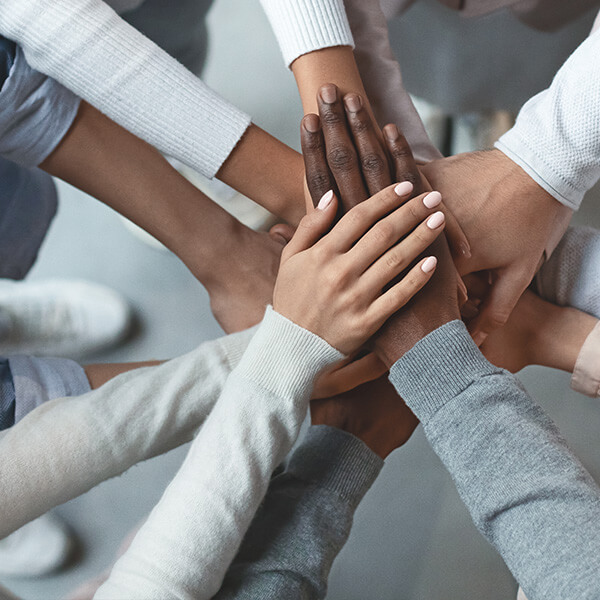1.0 Partnership Overview
The Vermont Institute of Natural Science is a non-profit environmental education organization that works to motivate individuals and communities to care for the environment through education, research, and avian wildlife rehabilitation. Dartmouth’s Guarini School of Graduate & Advanced Studies is an R1 institution, based in Hanover, New Hampshire.
2.0 Reflections from the Partnership
In what ways did the partnership change the way you think about your own organization’s approach to BI or BI support? In what ways did individual PIs learn or improve their practice? How did you or your organization learn or improve your BI practice?
The relationship of Dartmouth and VINS has existed over the years, but the BID project has created a new or modified relationship. It has allowed VINS as an organization to reflect on all of the ways that we have partnered in the past through outreach and beyond. The BID project has also led us to deepen our connection to create a longer-lasting partnership rather than typical ad hoc relations we may have defaulted to in the past. This work and program have also led into the sustainability of the relationship between Dartmouth and VINS. Through a suggestion of the project, the BID work has now been integrated and become a part of a specific position at VINS. Even if the person (myself) leaves this position, the work will be continued and fulfilled through another person that would take on this role. Adding this piece to this job position allows VINS to become accountable for all Broader Impact work and to become a reliable partner that Dartmouth can count on. Also, not only will the person whose job it is to continue the work for the BID project, but they will continue to connect with others at the VINS organization as well. There is a team of core individuals at VINS that play a role in the future of this project and to keep it sustainable; there is an obvious need for that team to stay established. One thing that this has all highlighted has been the issue of resources, specifically personnel resources dedicated toward the partnerships. In working to develop a community of applicants and partners I’ve really struggled to manage all the work that needs to be done to put this ecosystem in place as my position for this is about .3 FTE, and I feel that has been somewhat noticeable in the local organizations we have tried to partner with. Those who are successful in managing a grant with faculty, and I count VINS in this group, have someone who has this as part of their job description. In other places, it is often whoever picks up the email that I end up working with, or sometimes there is only one person in the entire organization. Internally, I think there is a real interest in pursuing the broader impact piece, and interestingly this year that began to develop more around academic and research broader impacts, so in many of the BI workshops for faculty that I ran, I found the faculty who participated were more interested in making connections with faculty who are already recipients of the award and learning from their broader impact work rather than looking to partner externally. This was a noticeable change from previous years, and in terms of the inquiries, I receive from the faculty the interest has definitely skewed toward that strand of the BI outcomes. I think this points to the fact that faculty are now more aware of the importance of the efficacy of a BI narrative and successful project, whereas in previous years they saw me as the sole resource, now they are aware there is a much broader support network around them, such as current NSF CAREER recipients, external partners, and other outreach projects and programs on campus that they can tap into. This, to me, indicates success as evidenced by a growing ecosystem of support, and also an increase in knowledge of that support.



